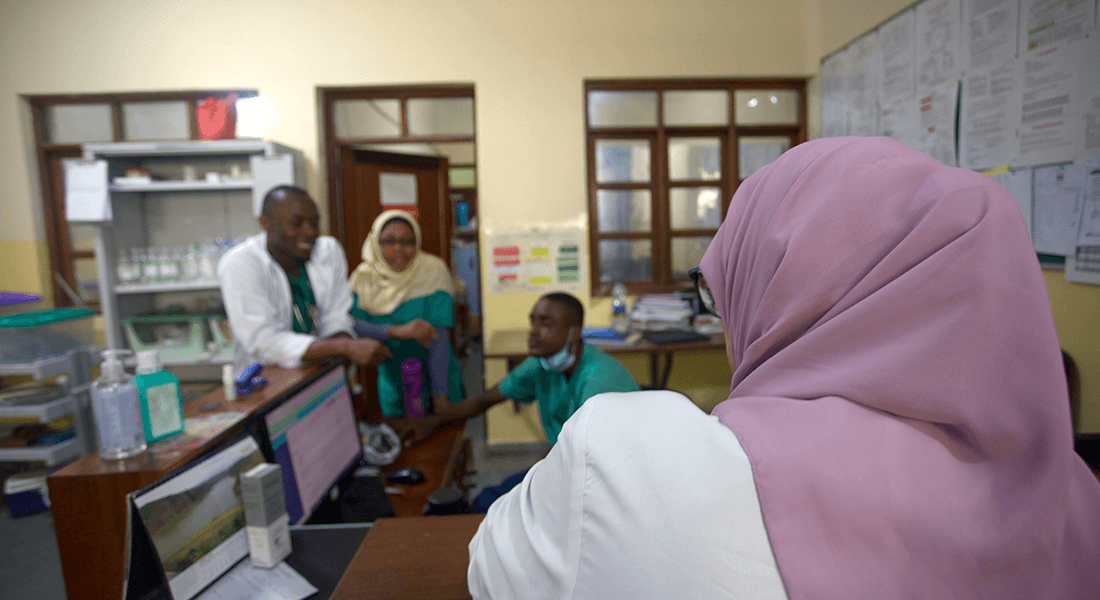Stroke as spiritual possession: Study highlights barriers to stroke care in Zanzibar
New research from Zanzibar suggests that cultural beliefs about stroke are creating significant barriers to accessing medical care. ZanStroke researchers emphasize the need for a more inclusive approach that integrates local understandings of stroke into health education and policy.

Stroke remains a major public health challenge in Zanzibar, where both conventional and alternative medicine are widely practiced. However, new research suggests that cultural beliefs about stroke—particularly its interpretation as a form of spiritual possession—are creating significant barriers to accessing medical care. The study highlights the urgent need for healthcare systems to acknowledge and engage with local beliefs to ensure stroke treatment and education efforts are relevant and acceptable.
This new study from the ZanStroke project reveals that cultural beliefs play a significant role in shaping stroke care access in Zanzibar, beyond the commonly known barriers of resource shortages and financial constraints. The research highlights that many in Zanzibar interpret stroke as a form of spiritual possession, a view which is frequently dismissed by stroke professionals. Rather than engaging with the popular beliefs, dismissing them fosters mistrust and creates a disconnect between patients and healthcare workers, ultimately limiting acceptability and access to medical treatment
Despite a high incidence of stroke in Zanzibar and Tanzania, stroke care services remain underdeveloped and underutilised. Many patients turn to both conventional and alternative medicine, but past and current health education programs fail to acknowledge this reality. The ZanStroke researchers argue that simply improving hospital resources is insufficient—healthcare strategies must also engage with cultural perceptions to be effective.
Stroke incidence is high in Sub-Saharan Africa, the only region where it continues to rise, yet research on this common condition's epidemiology, management, and public perceptions remains limited.
The researchers emphasise the need for a more inclusive approach that in relevant ways integrates local understandings of stroke into health education and policy. The study is part of the larger ZanStroke study, which aims to improve stroke care in Zanzibar through research and policy implementation.
Prior publications from ZanStroke:
- Jørgensen JMA, Nielsen KK, Petersen JH, Sadiq HS, Kelly ZF, Walker RW, et al. Socioeconomic inequities in mortality and functional outcome after stroke in Zanzibar: A prospective cohort study.
- Jørgensen JMA, Christensen DL, Nielsen KK, Sadiq HS, Khan MY, Jusabani AM, et al. Incidence and characteristics of stroke in Zanzibar–a hospital-based prospective study in a low-income island population.
- Jørgensen JA, Matuja SS. Establishing Stroke Registers in Sub-Saharan Africa : Experiences From 2 Large Referral.
